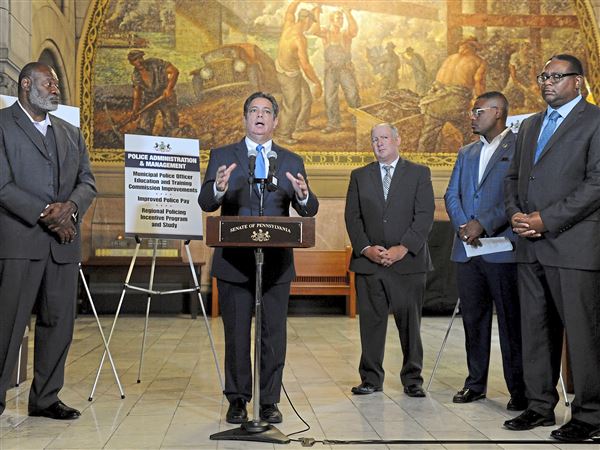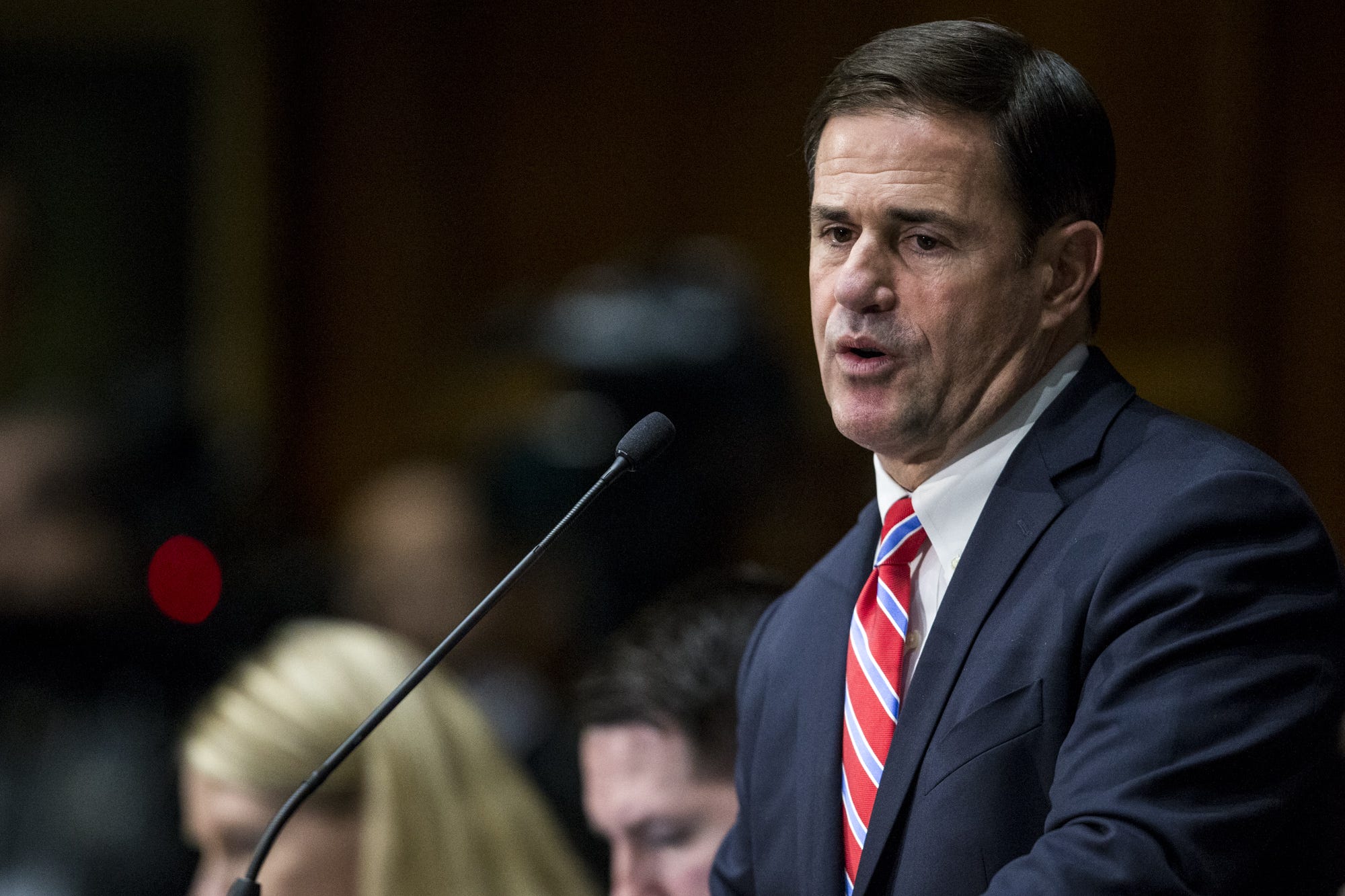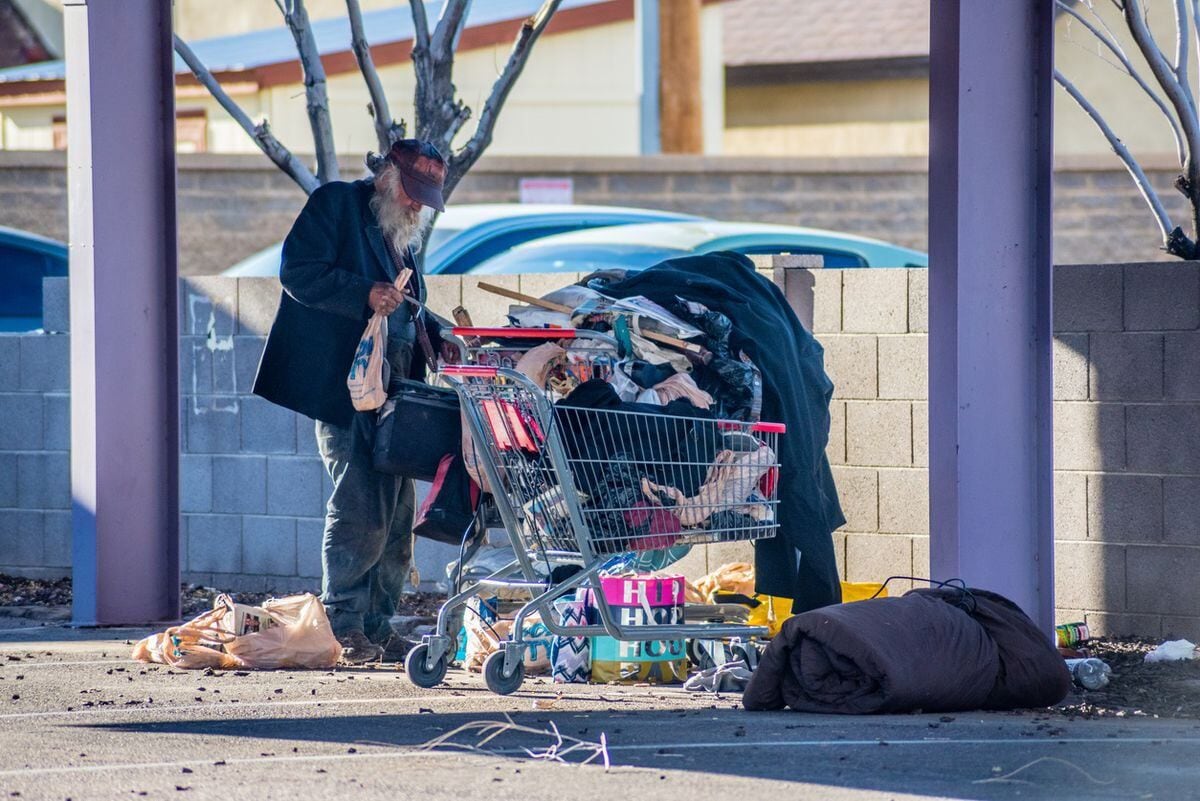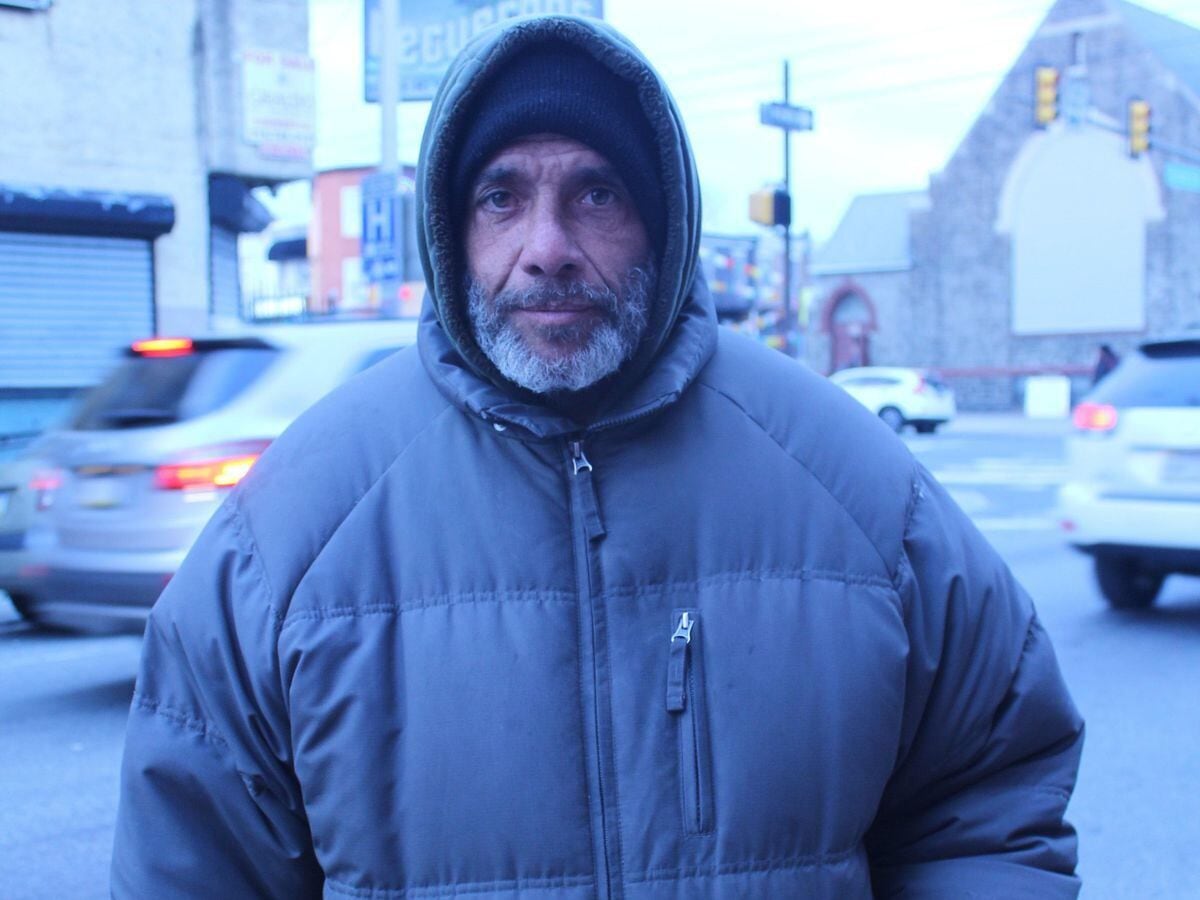States are scrambling to figure out how to fund the $4-billion-a-month food stamps program — and whether to keep cash welfare going. Some say it’s “probably not possible.”
Sixteen of Kentucky’s Medicaid recipients are suing the federal government to block Gov. Matt Bevin’s effort to revamp the state’s $9.7 billion-a-year Medicaid program by adding work requirements, co-pays and reporting duties for most able-bodied adults.
More than 700,000 Ohioans were removed from the state’s Medicaid program in just the first 10 months of 2018.Franklin County had the most
Should doctors warn patients of a policy threat that may not come to pass? That’s the question pending, as the Trump administration weighs whether to deny green cards to immigrants on Medicaid.
When half the kids are in poverty, our fractured towns can offer no future.
“You’ve got real haves and have nots in this county,” said Allegheny County Executive Rich Fitzgerald.
Research shows that no southern state has a suite of laws protecting tenants over landlords.
Forty-three percent of students interviewed at UK said they experienced food insecurity on campus, with nearly half of those reporting actual hunger because they can’t afford to buy food.
Gov. Doug Ducey proposes tapping $56 million in federal child care assistance that lawmakers left untouched last spring
Experts suggest that spending more on housing and services for this fragile population could save money in the long run.
They are Philly’s poorest minority group, but step inside a city homeless shelter and there are few Latinos. Why?
Democrats who control state government have reached a deal to raise the minimum wage to $15.










